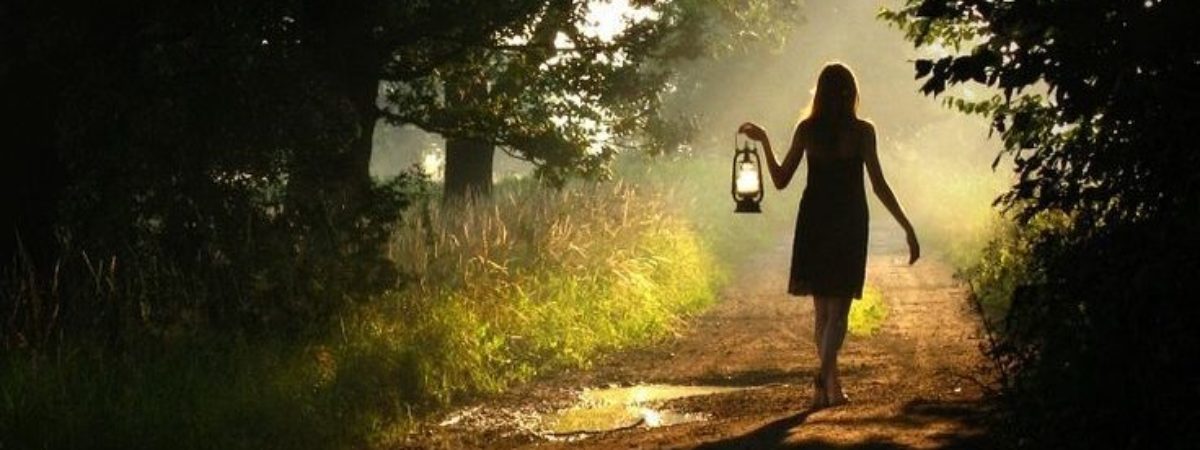It’s never easy to forgive. In fact, it’s probably one of the hardest things we’ll ever do. And yet, all spiritual traditions call us to do exactly that. Maya Angelou said: “It’s one of the greatest gifts you can give yourself, to forgive. Forgive everybody.” Here are a few thoughts and a story about forgiveness.
*******
Perhaps one of the most difficult and profound lessons we learn as humans is forgiveness. When we forgive, we indeed become like God. We free ourselves and the other person. Why then, with so many beautiful benefits from this act, do we find it so difficult?
Many reasons. Forgiving another means letting go, falling into the unknown and how many of us like to do that? With our resentments clutched tightly to us, we feel safe. Our bitterness gives us a false sense of control and power and also of self-righteousness. After all, we have been wronged and we feel we deserve to be vengeful.
It boils down to us feeling very right about being very wronged. So we hold onto our “rightness” even though it is like barbed wire cutting our soul and holding us prisoner.
 Here is a brief story I have shared before, but it applies here, too. Many years ago, when I was a therapist at an outpatient counseling center for my graduate internship, I remember a woman who could not forgive her daughter. Even more sad, she could not forgive herself. Her daughter had had a son out-of-wedlock and had been into heavy drug use and mixing with a bad crowd.
Here is a brief story I have shared before, but it applies here, too. Many years ago, when I was a therapist at an outpatient counseling center for my graduate internship, I remember a woman who could not forgive her daughter. Even more sad, she could not forgive herself. Her daughter had had a son out-of-wedlock and had been into heavy drug use and mixing with a bad crowd.
The woman’s daughter was raising her child in an unhealthy environment so this woman and her husband, both in their 60s, took their grandson when he was about 8 years old so they might raise him. But one day, with the child under their care, he rode his bike out into the street, was struck by a van and killed.
To be present to this woman’s grief — and hatred — was palpable. She told me she could never forgive her daughter for how she had raised the boy. Worse yet, she could never forgive herself for her grandson’s death. She replayed the scene over and over again in therapy — how she should have been more vigilant, how she should never have let her grandson out into the street by himself.
Her resentment and unforgiveness then extended beyond herself to God. How could he allow such a thing to happen, especially to a small boy?
I had no answers. I could only be with this woman in her grief and hatred, journey with her through the pain and muck of sorrow, and hope she could come to some peace for herself, her life and her family. But ultimately, the choice to forgive was hers alone.
After feeling what she needed to feel — crucial to the healing process — only she could come to see how her unforgiveness was not only binding her, but her daughter as well. It was blocking vital energy she needed for her own life and her own well-being.
Does an act of forgiveness mean condoning evil acts? Hardly. There will always be evil in the world. There will always be injustices and wrongs committed. We can never justify any thought, word or deed that harms another. But forgiving the perpetrator is an entirely different matter than sanctioning the act.
It is the classic story in the New Testament of the woman caught in adultery and brought before Jesus. The crowd wants to stone her as per the Jewish law. The condemners expect Jesus to enact vengeance on this woman. Instead, Jesus quietly begins to write in the dirt. We aren’t told what he writes, but eventually he stands and utters his famous words, “Let those among you without sin cast the first stone.”
 We, too, need to put down the stones in our hearts and hands. When we heal through forgiveness, others are also healed. We can remember that we are all on this journey on the earth together and at some point, each of us has missed the mark in some way.
We, too, need to put down the stones in our hearts and hands. When we heal through forgiveness, others are also healed. We can remember that we are all on this journey on the earth together and at some point, each of us has missed the mark in some way.
One of my favorite authors, Sue Monk Kidd, who I quote often, has this to say about forgiveness:
“I learned a long time ago that some people would rather die than forgive. It’s a strange truth, but forgiveness is a painful and difficult process. It’s not something that happens overnight. It’s an evolution of the heart.”
May we be open to allow our hearts to evolve — toward love and forgiveness. Yes, they are the harder curriculum of life. But the gifts are boundless. To others. To ourselves. Let’s begin now.
